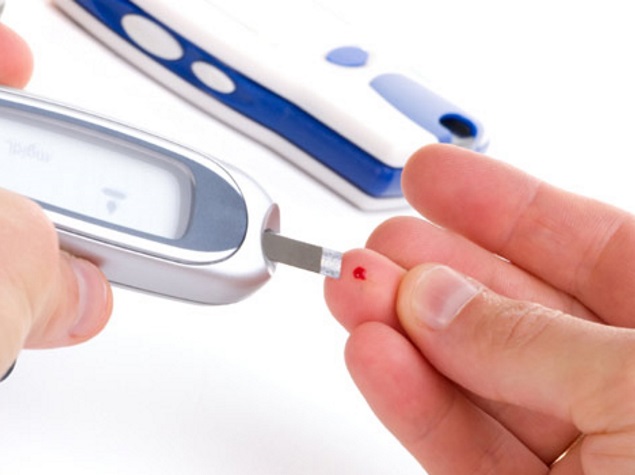
The drug Liraglutide was also associated with a reduction in kidney disease and death from all causes, researchers said.
These patients are at high risk for cardiovascular disease, which is the number one killer of people with type 2 diabetes.
The drug Liraglutide was also associated with a reduction in kidney disease and death from all causes, researchers said. “This is the first diabetes drug that has shown across-the-board benefits for cardiovascular diseases, and this suggests it plays a role in treating atherosclerosis, which is what leads to heart attacks and strokes,” said John Buse from University of North Carolina in the US.
This worldwide effort of 700 institutions in 32 countries marks the first time a diabetes drug with the main goal of lowering blood sugar has demonstrated such broad benefits for patients, researchers said.
The study was a randomised double-blind study of 9,340 adults with type 2 diabetes who were at high risk of heart disease.
About half of the participants were given liraglutide, and half were in the placebo group. Placebo, in this case, meant that patients could take other diabetes medications to control their blood sugar.
Both groups of patients were prescribed medications to address associated health problems, such as high blood pressure and high cholesterol.
The trial lasted more than three years. In the end, liraglutide was associated with 13 per cent lower overall risk of having a heart attack or stroke, or of dying from cardiovascular cause, researchers said.
Liraglutide was also linked to a 22 per cent lower risk of cardiovascular mortality, 15 per cent lower risk of all-cause mortality and 22 per cent lower risk of new evidence of advanced kidney disease, they said.
“This changes the whole conversation about treating diabetes. To date, people have taken diabetes drugs to lower blood sugar,” said Buse.
“Now we can say that they should take liraglutide to prevent or delay the worst things that occur commonly in diabetes – heart attacks, strokes, advanced kidney disease, and death,” he said.
Liraglutide is a GLP-1 agonist; it works in the pancreas to stimulate insulin secretion and reduce the production of an anti-insulin hormone – known as glucagon – which raises the concentration of blood glucose, researchers said.
Liraglutide also works in the brain to reduce appetite and increase satiety – the sensation of feeling full, they said. The findings were published in the New England Journal of Medicine.
(This story has not been edited by NDTV staff and is auto-generated from a syndicated feed.)
